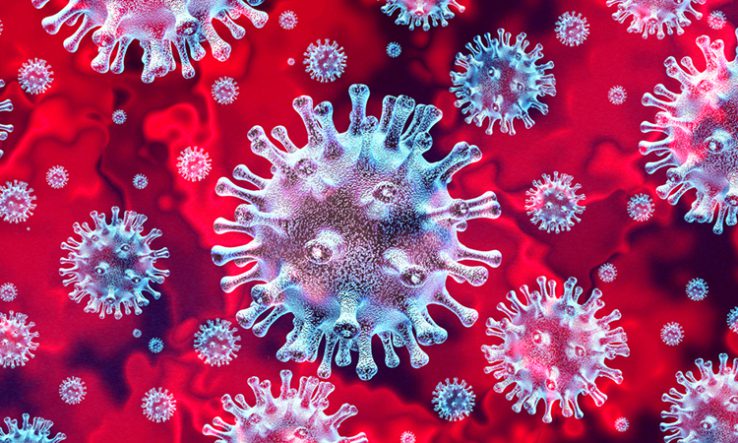
Reactive requests come after White House reductions to epidemic preparedness
The White House and Congress both want to allocate billions of dollars to limiting the spread of the global outbreak of the Covid-19 respiratory disease, after sparring over previous cuts to public health programmes.
On 26 February, Senate Democrat minority leader Chuck Schumer requested $8.5 billion in emergency funding to help stop the spread of the novel coronavirus that causes Covid-19 in the United States and abroad.
Schumer’s request would allocate $1.5bn to the Centers for Disease Control and Prevention (CDC), $3bn to a public health emergency fund, $2bn to states and local government, $1bn to foreign emergencies and $1bn to the National Institutes of Health vaccine development programme.
By contrast, president Donald Trump requested $2.5bn to combat the virus from Congress on 25 February. The Department of Health and Human Services (DHHS) has reportedly already spent $105 million of emergency funding set aside for infectious emergencies, the news agency Associated Press reported.
House Appropriations Committee chair Nita Lowey said that the White House funding request was “woefully insufficient” and it was “profoundly disturbing” that it would reallocate money set aside for “critical public health priorities”.
In 2018 the Trump administration fired all senior staff responsible for the US’s pandemic response—a move that has come in for renewed criticism following the Covid-19 outbreak. In a lengthy press conference on 26 February in which he sought to play down concerns about the outbreak, Trump reportedly said he was open to spending “whatever’s appropriate”.
According to a 26 February update from the World Health Organization, there have now been more than 81,000 confirmed cases of infection with Covid-19 and almost 2,800 deaths caused by it—the vast majority of both in China, where the outbreak originated at the end of 2019.
Fifteen cases of infection have been confirmed in the US. On 26 February the CDC said that a person in California had contracted the infection despite having no known relevant travel history or exposure to another infected person.
Trump has assigned vice-president Mike Pence responsibility for handling the virus. This decision was questioned by the Democrat chair of the House Homeland Security Committee, Bennie Thompson, who noted Pence’s opposition to needle exchanges during an HIV outbreak in Indiana when he was its governor.
Public health measures will now focus on detection of further cases and limiting the spread of the virus.
Uncertainties over how long a person may have the virus without showing symptoms and whether such asymptomatic cases are infectious are making it difficult to calculate how virulent and lethal the outbreak is.
A test to screen patient samples for coronavirus infection has failed quality checks due to issues with one of the three reagents used, meaning that only three of 100 potential public health labs are able to process samples, the news site Politico reported.
The DHHS is working with the pharmaceutical companies Sanofi and Janssen to hasten the development of a vaccine against the virus that causes Covid-19, known formally as SARS-CoV-2.
Janssen will work with the Biomedical Advanced Research and Development Authority to identify medicines that might be repurposed to treat the infection or its symptoms, while Sanofi will attempt to develop a vaccine by combining SARS-CoV-2’s viral fingerprint with that of a harmless virus.
Although this recombinant DNA approach is designed to allow vaccine developers to rapidly respond to outbreaks of new viruses, it is likely to be over a year before a vaccine is ready for widespread use.
A version of this article also appeared in Research Europe